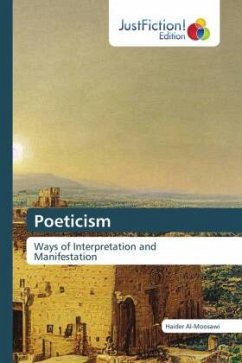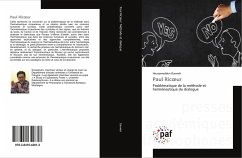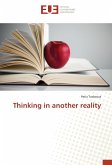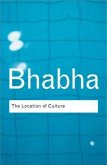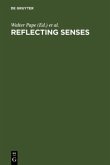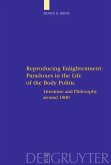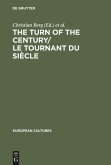"working for the good of all" sounds resonant in the wisdom literature; wisdom artworks the Husseinist Theatre Theory advocates to promulgate a kind of humanitarianism, interfaith dialogue and philanthropy man could resort to in time of despondency and frustration. Thus, it is a kind of Platonism to prod "aphoristic literature", moral sagacity" and "uprightness" into the Islamic ethics the HTT exploits in its artwork. Humanism or ethical principles is/are traceable throughout ages since literature acts as a surrogate for religion and vice versa in guiding him into self-identification, self-knowledge and affinity with other people in the world, nations and nature. That is why self-knowledge takes precedence over other humanism manifestos as it is the "chief part of wisdom" finding great ground in the HTT tenets that proffer certain remedies for various sophisticated problems. Husseinist dramas convey a kind of wisdom cosmopolitan, universal, moral and beyond provincialism. There is no way to fathom the artistic values in a text, unless there is a precise perception and a detailed conception of the poeticism in the text at issue.
Bitte wählen Sie Ihr Anliegen aus.
Rechnungen
Retourenschein anfordern
Bestellstatus
Storno

